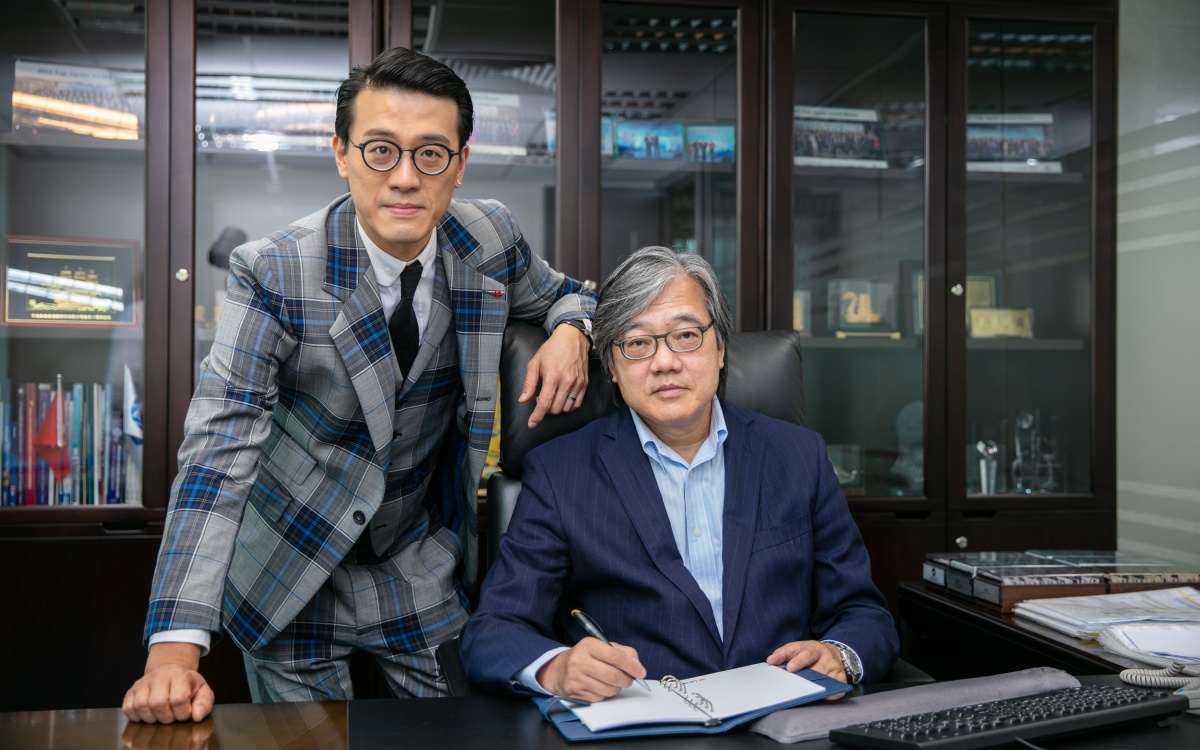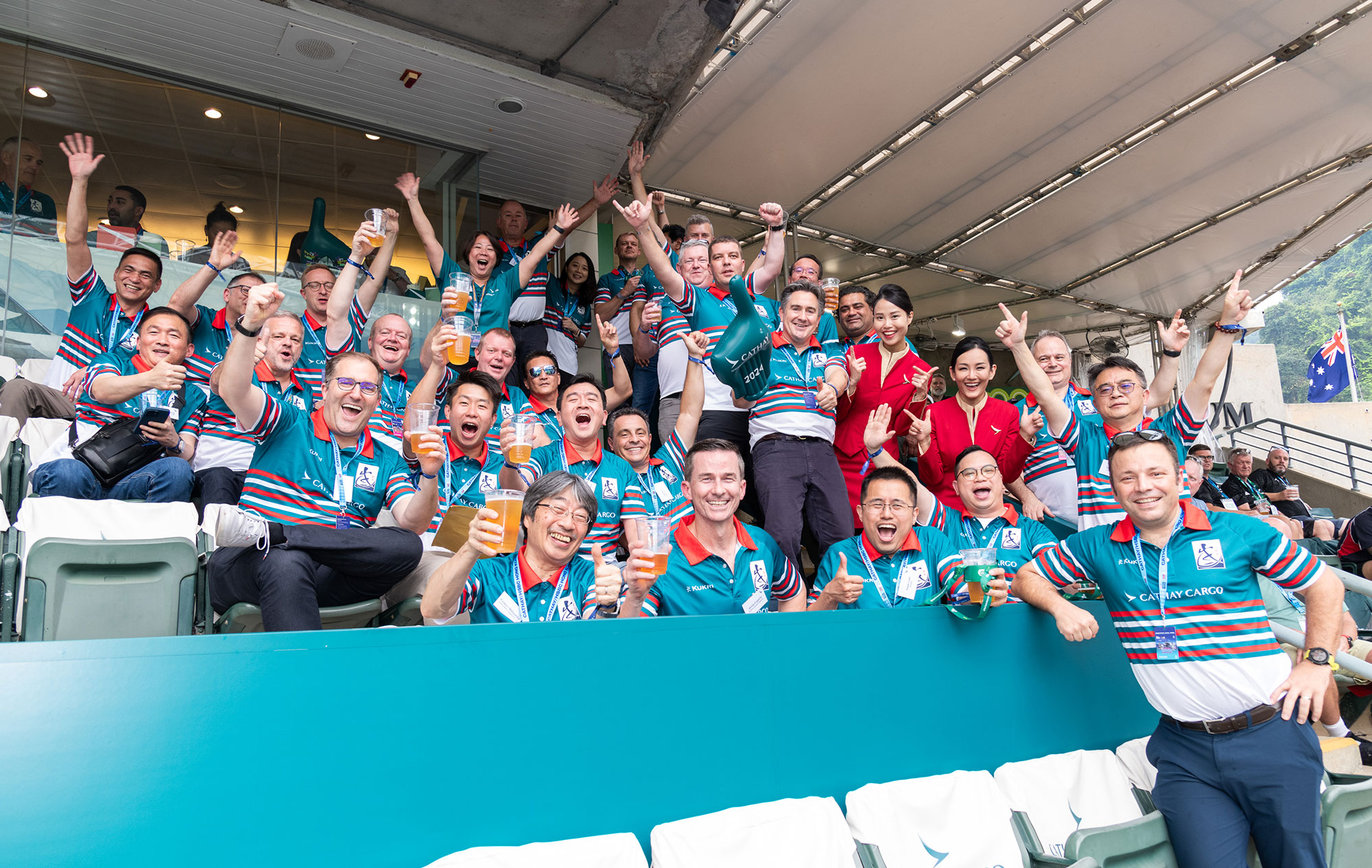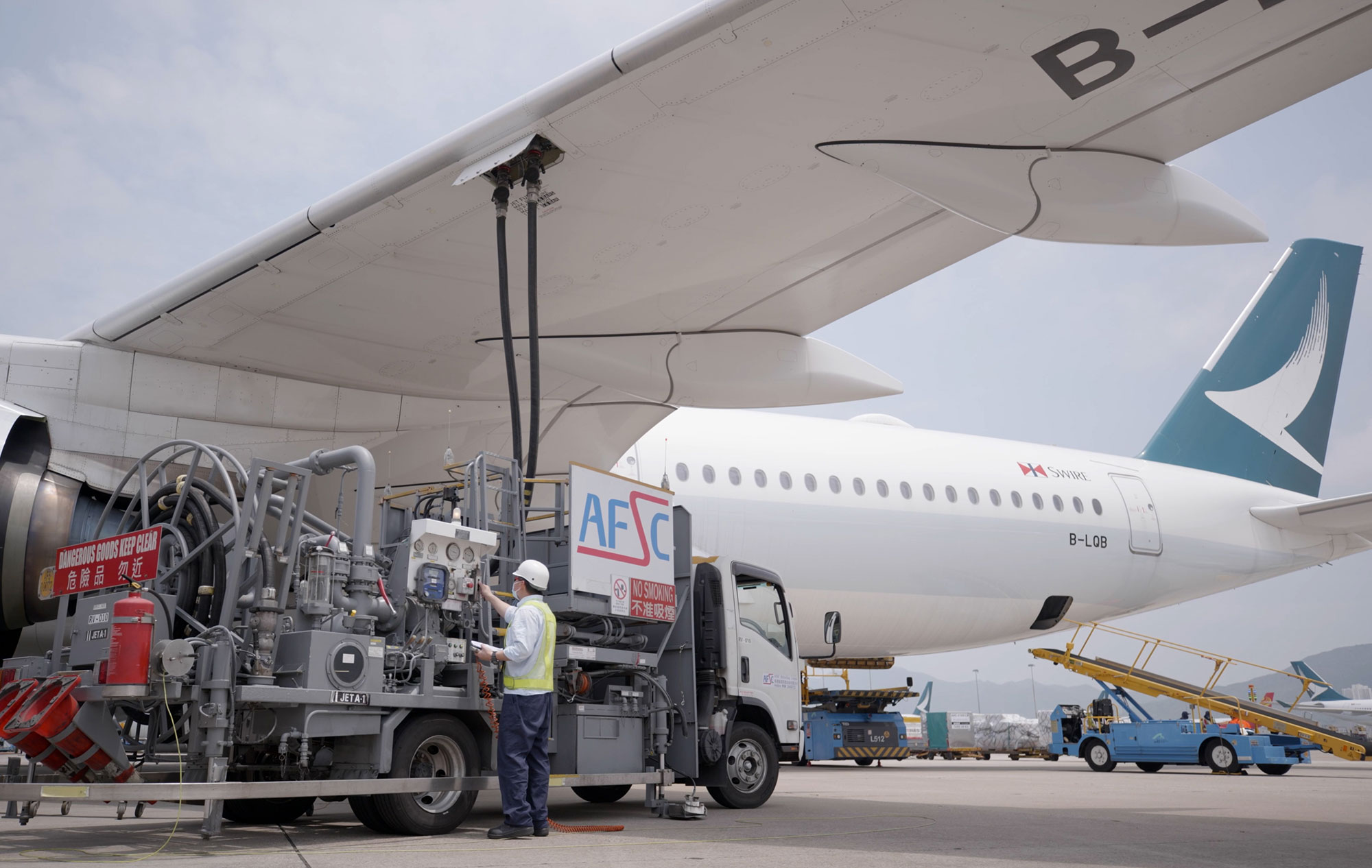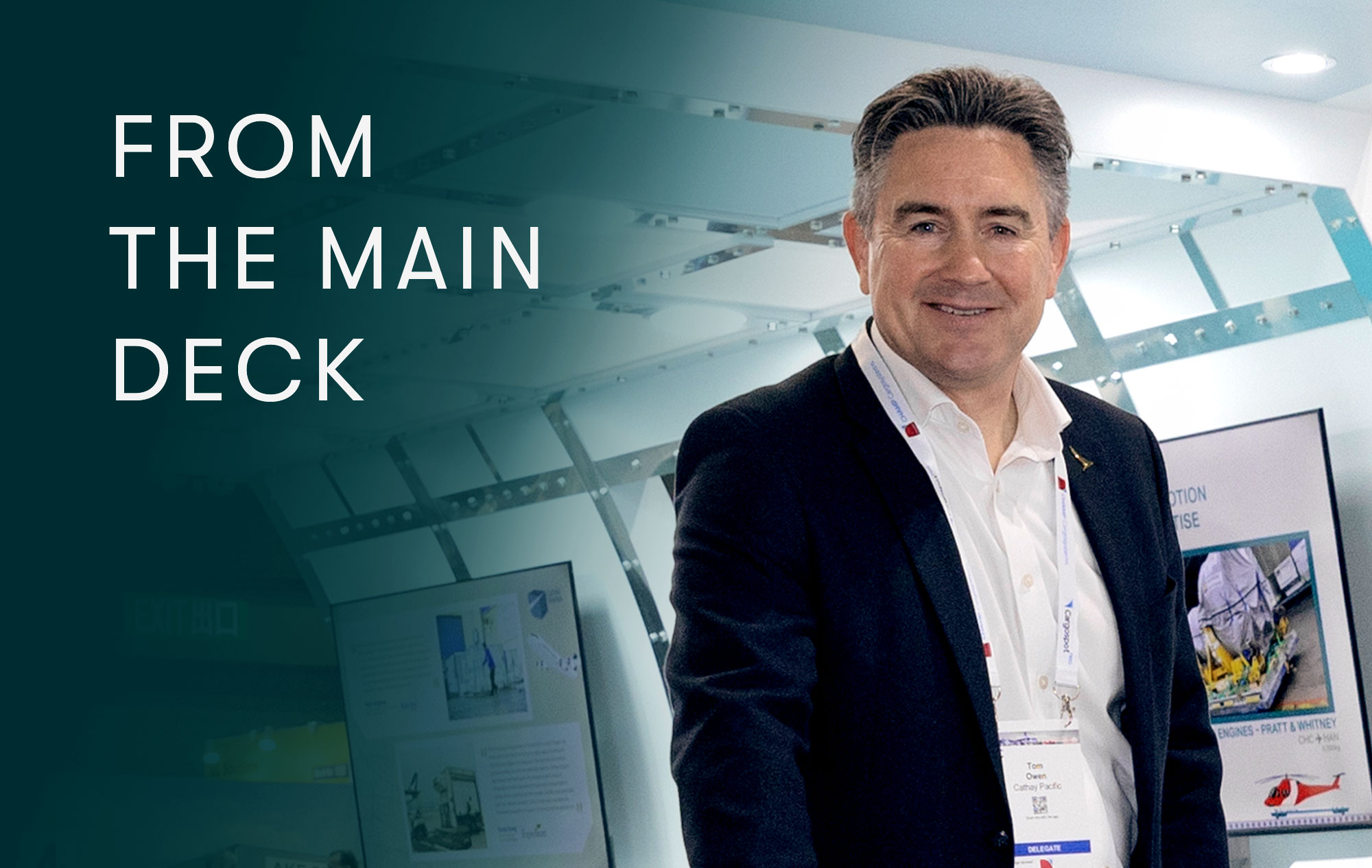Tell us more about Shipair
Shipair was started in 1991 by my father, Kenneth Yu, who had previously worked at Wilson Company as sales manager for its airfreight division. Initially, it was more of an ocean freight business; now it’s probably 60 per cent airfreight. We have around 60 people in our head office in Hong Kong and seven in our warehouse in Tsing Yi. Then we also have 11 offices in the Chinese mainland. In terms of employees the two biggest offices are Shenzhen, where we have around 40 people, and Shanghai, where we have about 30. The other offices are smaller, and the offices in the Chinese mainland have a higher ocean-freight ratio. We started out with a focus on Europe, and that is how we established our relationship with Cathay Pacific.
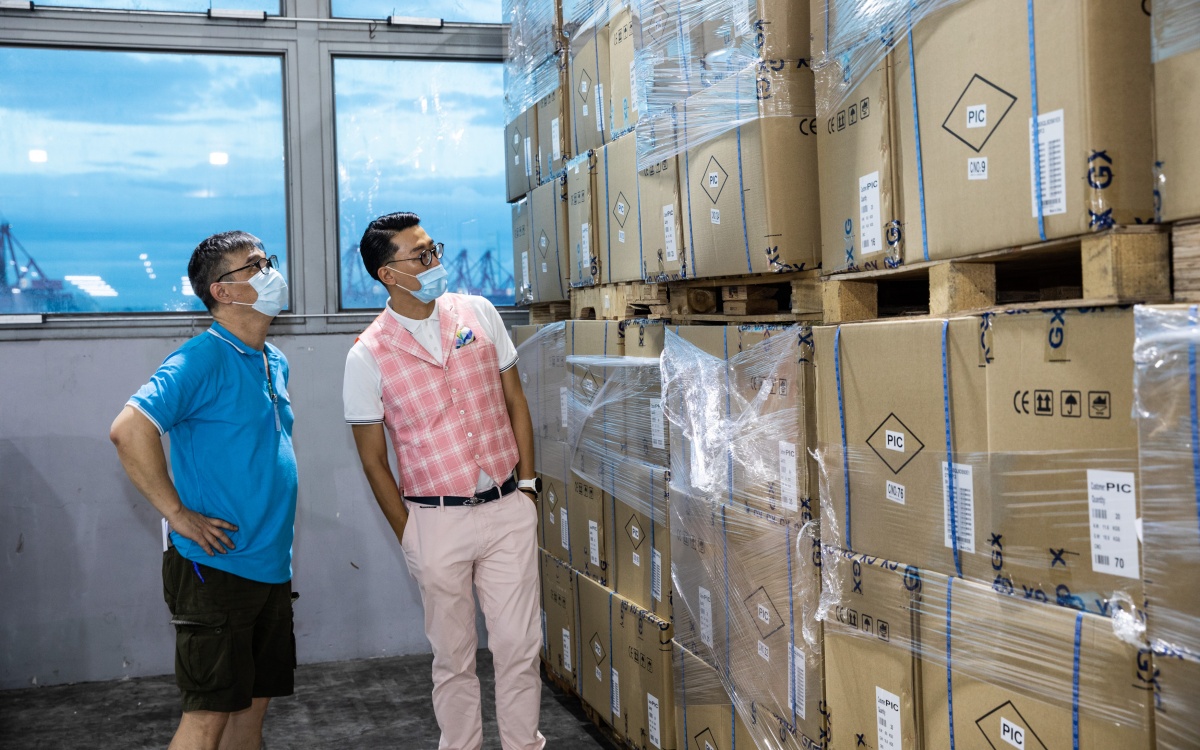
What are your main products and shipments?
We are 80/20 exports against imports. We do everything we can to have a good mix of shipment types and to remain agile. Many years ago, we used to handle a lot of garments, but since the garment factories moved from Southern China, the big one now is e-commerce – mobile phones, and all the electronic stuff that need lithium batteries. This means working with e-commerce platforms, and maybe some of the smaller manufacturers that list goods on eBay or Taobao. One of the reasons that a lot of e-commerce goes via Hong Kong is because of lithium batteries, because of the ease and superior handling.
What has been the most significant development for Shipair in 2020?
We have installed two scanning machines in our warehouse. There is a requirement for export shipments from Hong Kong to be scanned. The phased introduction started this year. Previously, only about one per cent of cargo – except to some destinations – was scanned in Hong Kong. The phased introduction started earlier this year with 25 per cent of shipments needing to be scanned, then 40 per cent from April, 70 per cent from September, and it will go to 100 per cent in March 2021. It does add complexity. For now we are screening ‘not-so-urgent’ shipments, but it might get more challenging later on. We were an early adopter and for this to work practically we have two machines: the bigger one for scanning pallets, while the other is for loose cargo.
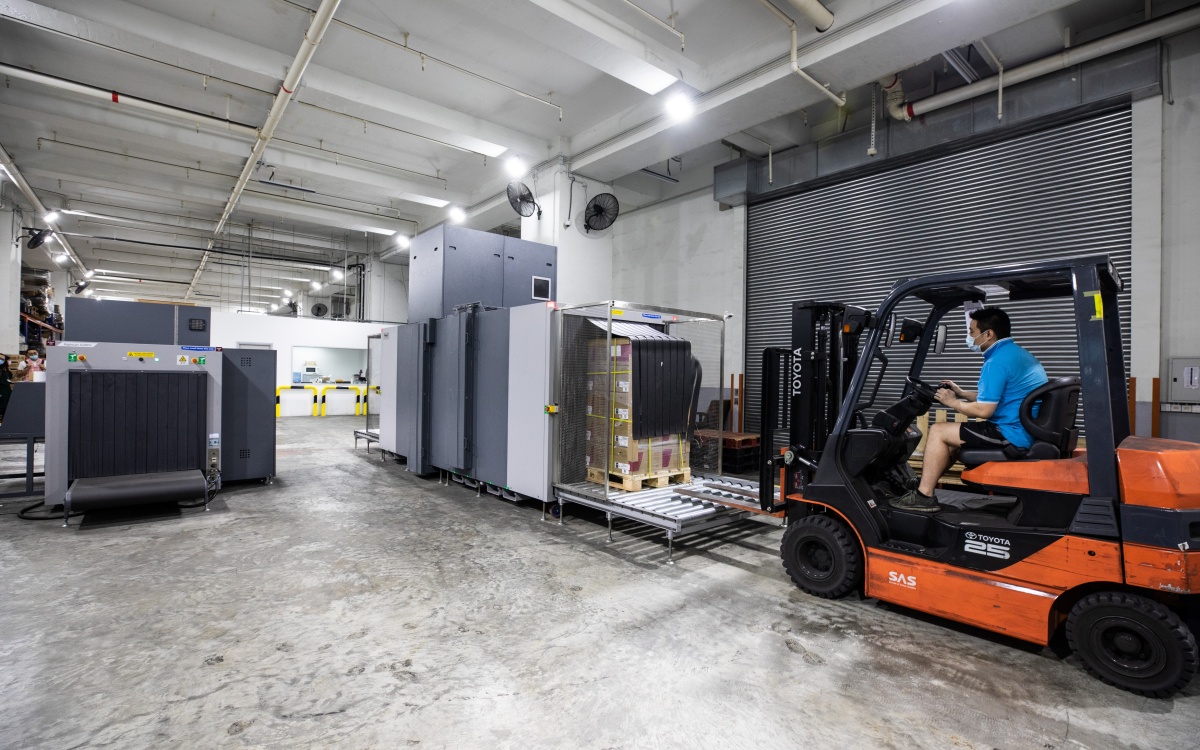
How does your business cater to the local market?
The X-ray machines are an example of how we adapt, but we also have to keep diversifying so we are better placed to react if there are changes in the market, and in case Hong Kong’s positioning as a logistics hub changes in the coming years. We are always co-loading business with other agents. We are friendly competitors and we need to work together to get the best for the industry.
What are the challenges and opportunities?
We have had to adapt, as everyone has in 2020. Take charters, for example. We wouldn’t ordinarily do many, maybe only one or two a year, as the European market has a preference for direct flights. If we had more US business, maybe we would have the opportunity to run more charters as customers there are more accepting of air-to-road logistics. But with so many passenger services suspended, we’ve had to change our model. While the overall demand has dropped, we still have some regular demand and, therefore, we have chartered extra passenger aircraft. We take a long-term view on growth and the challenge is retaining our customers in this difficult period. We may take a short-term sacrifice for this long-term growth.
What do you like best about your job?
It’s being able to make decisions. I studied in the UK, and when I came back to Hong Kong, I didn’t go straight into the family business, but spent eight years working in hedge funds and other finance companies. I would do research and propose ideas, but I still had to respect my boss’s decisions. I’ve been here for seven years – it’s my longest post – and I have come to understand the difficulty of being the decision-maker, and in retrospect, I’ve come to see some of my bosses in the past were right.

Why choose Cathay Pacific?
Our customers have always appreciated the direct Cathay Pacific flights and our company positioning is always to use a home-based carrier. We consider ourselves very fortunate to have been chosen as one of Cathay Pacific Cargo’s agents. In the beginning we were UK and Europe-focused and Cathay Pacific is so strong from the UK. Many customers appreciate that Cathay Pacific is a premium network carrier, and that we can offer those direct destinations and a comprehensive network to them. For those who want direct services we will use Cathay Pacific, but we offer other carriers for deferred routes.
Tel Aviv is an important market for you. How did this develop?
We will always try to support a new Cathay Pacific route. With Tel Aviv, we started out at five to 10 tonnes per month, but this has grown to around 200 tonnes since the launch. We always go out and do marketing in a new destination, and we worked with Cathay Pacific to help us grow our market share there. It transpires that the online consumer shopping market in Israel is greater than the US in terms of per-capita spend. There is also a lot of R&D for consumer goods – the blueprints go to Shenzhen, and then we fly the prototypes and the production models back. There’s a lot of electronic and e-commerce volumes.
What do you like to do in your spare time?
I have a five-year-old daughter and three-year-old son. Besides spending time with them, I enjoy reading. I’ll read anything, but recently I have been reading about space. I also enjoy golf. I’ve been on a few of the Cathay Pacific Cargo golf trips and I travel with friends to play overseas too. Golf is easy to learn, but it’s very hard to master.
